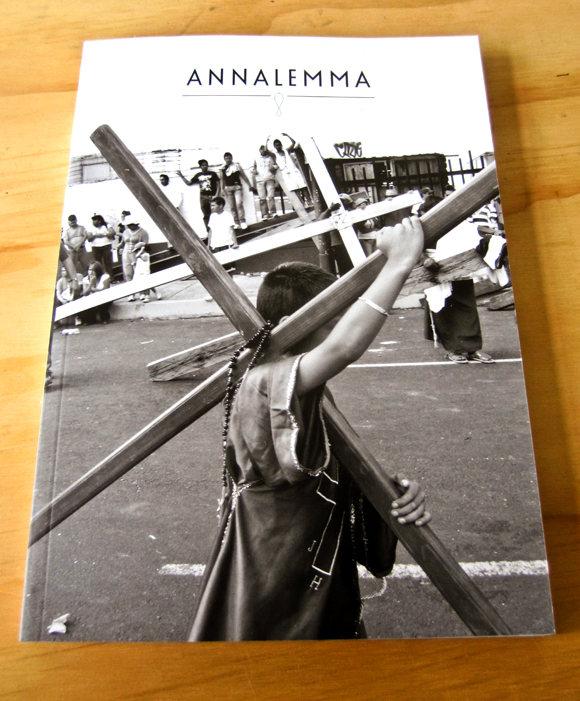Nick Antosca’s second novel, a southern gothic ghost story with heavy echoes of Ray Bradbury, begins with the main character, Bram, driving into the gravel parking lot of a bar late at night and accidentally running over a dog. The dog is badly injured, its legs mangled, and Bram is put in the position of killing the dog to end its misery. But the dog crawls away before Bram is able to find a gun to dispatch it. Shortly after, he happens upon a set of a child’s bones and is soon visited by the ghost of that child, Adam Dovey, who begs Bram to help find the man who killed him so they can “get him.”
He introduces characters like Jacob Bunny, a reluctant child murderer, and uses an effective device to flashback to his past, to show the audience that while a man may do evil things, he may not be evil. He links Adam and Bram in a metaphysical way, and forces Bram to follow Adam out on his dubious mission to seek revenge on the man that murdered him.
Antosca quickly sets a metronomic rhythm for the book. He puts his characters in uncompromising positions, sets them on paths and watches as they try to negotiate their way through them. It’s a refreshing thing to see an author of his generation using these tools of storytelling with such a deft hand. It feels like most authors his age are content to delve deep into a character, to let the voice propel the story, or to get drunk on language in the hopes that it will lead somewhere. While his voice and language are strong and metered, the characters fully drawn, Antosca seems unsatisfied in letting these elements carry the weight of the story. He straps these storytelling elements into a fixed track towards conflict, unable to escape until they reach the end. The result is a novel that is immensely enjoyable to read and impossible to put down.
If there’s an area where the book leaves you wanting, it’s in the realm of cultural relevance. The world of Midnight Picnic is somewhat timeless, capable of taking place at any point in the last 50 years. There are no pop culture references, no mention of brands or companies, nothing to place the story specifically in one time or another. In doing so, Antosca makes the story accessible to an audience of all ages, but he robs himself of the opportunity to make any sort of statements or comments on the world in which he lives.
However, Antosca’s aim with Midnight Picnic is not to create a zeitgeist, but rather to tell a good ghost story, and in that regard the book is an incredible success. But something about reading a young author with this much talent, it begs the question as to why a ghost story grips his attention as severely as it does. For a generation that struggles so painfully to define itself, it’s unexpected to see a writer refuse to broach the topic in novel form. If anything, it leaves the reader poised with excitement to see what Antosca do next.






















Hey Chris,
This has been one of your most cogent reviews yet. I see the ads for this book on Word Riot all the time, and this has been the first moment where I’ve felt compelled to read it. This is exactly what a book review should accomplish — to go beyond advertising by being as thoughtfully created a medium as the object it reviews.
Thanks Theresa! I’m happy with how this one turned out too and I’m glad you got something good out of it. You should definitely pick this book up. Nick’s a fantastic writer and MP doesn’t disappoint.
Yeah, good review. I’ve been hovering around the “add to cart” button on Amazon for this one since reading some of Antosca’s short fiction. Glad to see it will probably be worth the read.
It is, Tim, it is. Add it to the cart already! Even better, buy direct from Word Riot:
http://www.wordriot.org/press/template.php?ID=11